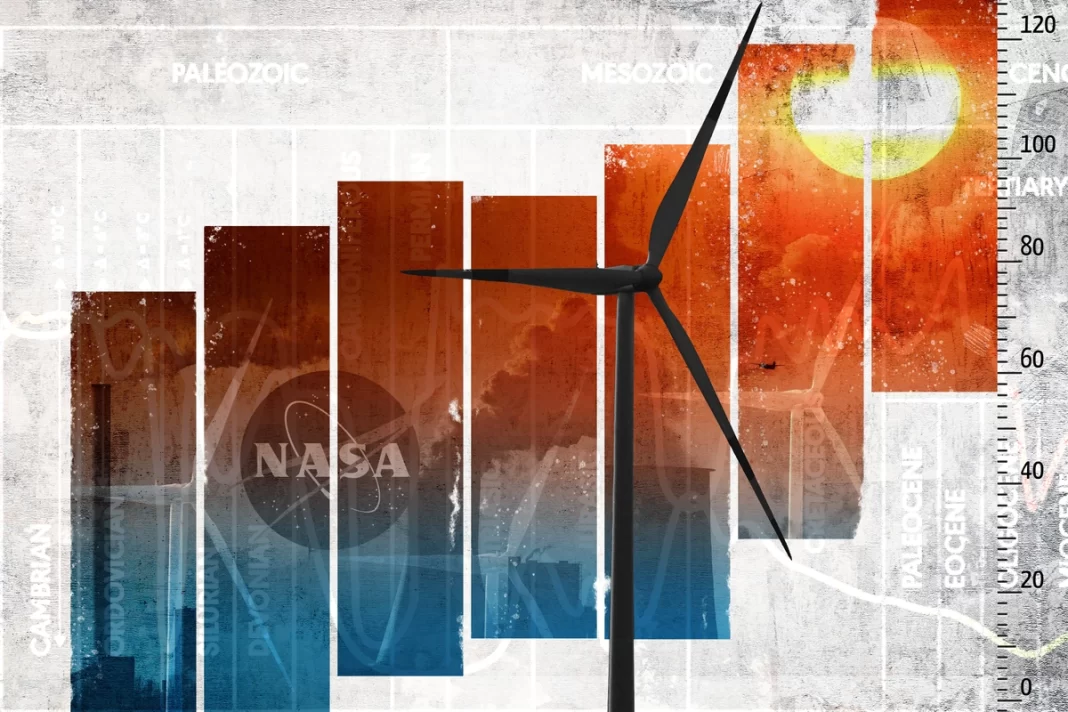President Trump is widely expected to win the South Carolina GOP primary, but voter metrics may offer clues about future primaries and the general election.
The South Carolina Republican primary is the fourth presidential nominating contest of 2024 but only the second head-to-head matchup between former President Donald Trump and former U.N. Ambassador Nikki Haley.
President Trump holds a commanding advantage in South Carolina polls, leading Ms. Haley with 65 percent to her 32 percent in an average of recent polls reported by FiveThirtyEight. That margin has changed little since the first of the year.
Though Ms. Haley was twice elected governor of South Carolina, she never enjoyed popularity with the state’s GOP establishment. A large number of South Carolina’s Republican elected officials have endorsed her opponent. They include Gov. Henry McMaster, Lt. Gov. Pamela Evette, and Attorney General Alan Wilson. Also endorsing President Trump are U.S. Sens. Tim Scott and Lindsey Graham, and Rep. Nancy Mace.
Rep. Ralph Norman (R-S.C.) is the only sitting member of the U.S. House of Representatives to endorse Ms. Haley.
While President Trump is heavily favored to win the Feb. 24 contest, this election promises to reveal information about the candidates and the electorate that could impact November’s general election.
Here’s what we’ll be watching for in the first 2024 Republican primary to be held in the South.
Voter Turnout
Voter turnout was low in South Carolina’s Democratic presidential primary on Feb. 3, possibly because President Joe Biden was virtually unopposed on the ballot.
Although polling suggests a landslide victory for President Trump, voter interest in the GOP contest is keen, as evidenced by the rate of early voting.
Early voting for the South Carolina Republican primary is allowed from Feb. 12 to Feb. 22, and participation totals are published daily.
The earliest totals reveal that South Carolina’s Republican presidential primary has already attracted many more participants than the Democratic primary earlier this month, and not by a small margin.








